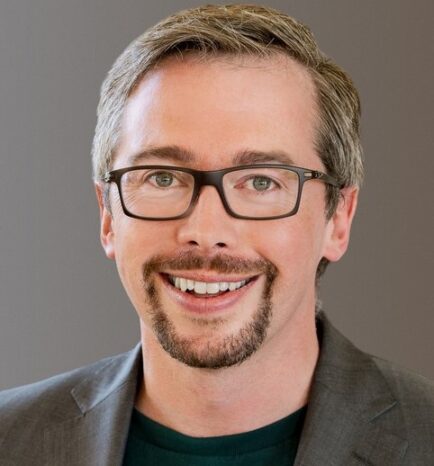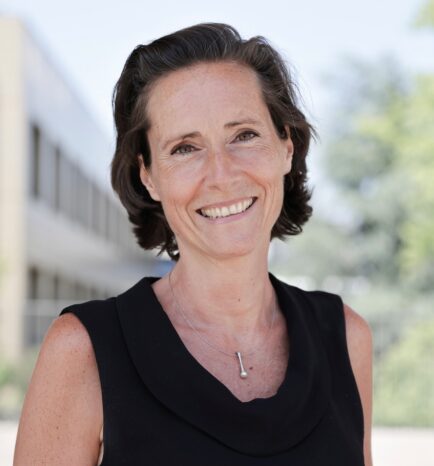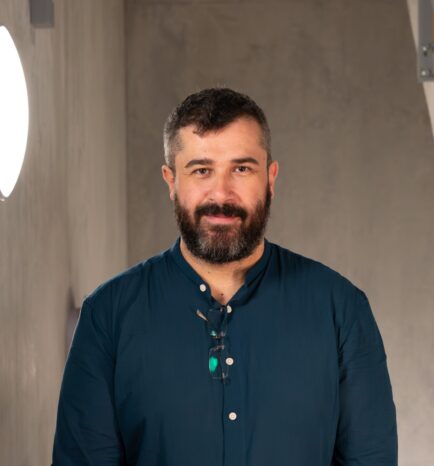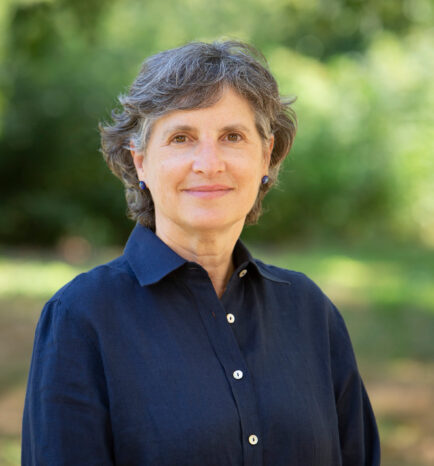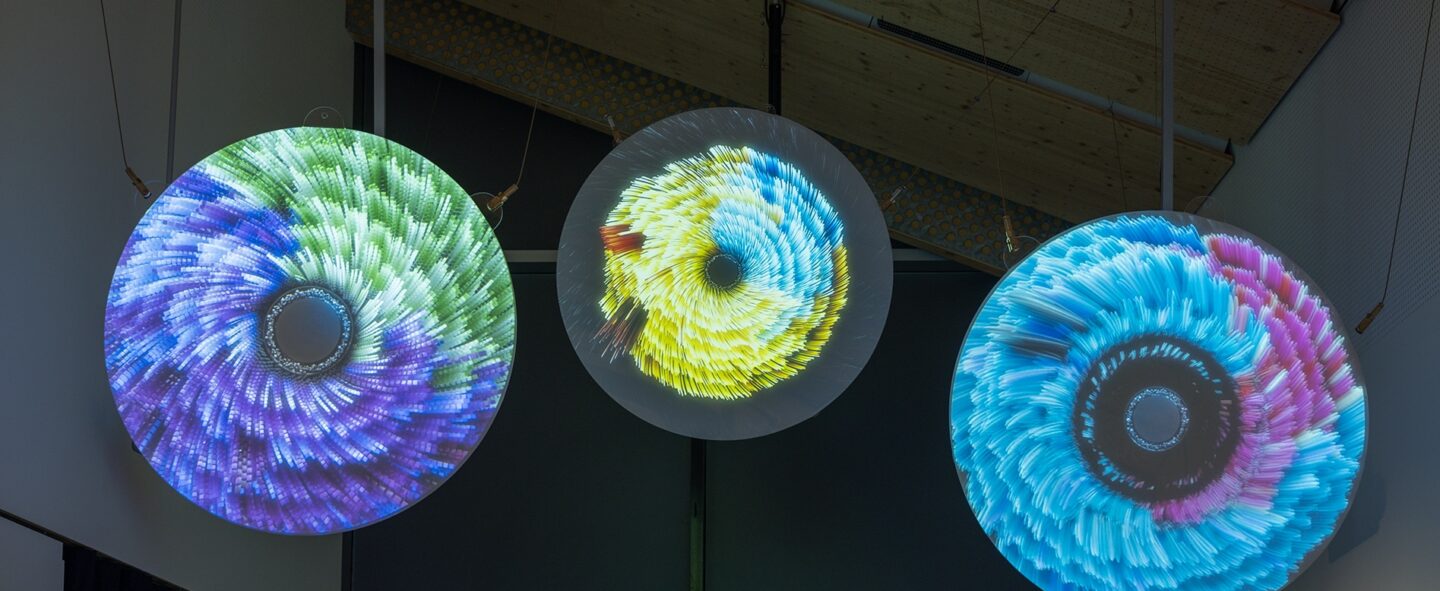
Part of the MIT Museum’s TIME thematic season, Lighten Up! features fifteen artists with eighteen immersive artworks, installations, and experiential environments, including work by Carsten Höller, James Carpenter, Liliane Lijn, Helga Schmid, and more. This exhibition was originally organized and presented by EPFL Pavilions and was curated by Anna Wirz-Justice, Marilyne Andersen, Sarah Kenderdine, and Giulia Bini.
The evening will feature a panel discussion with Marilyne Andersen, artist Alan Bogana, and Harvard Professor of Neurobiology Elizabeth Klerman, moderated by MIT Museum Director Michael John Gorman, followed by a reception where visitors can explore the exhibition.
Lighten Up! at the MIT Museum is supported by generous donors to the 2025 McDermott Award Gala, hosted by the Council for the Arts at MIT. This reception is presented in collaboration with Swissnex.
Doors open at 6:15pm. Seating is limited and available on a first-come, first-served basis. Please note that some ticket holders may be required to stand.
Moderator
-
![]()
Bio
Michael John Gorman
Mark R. Epstein (Class of 1963) Director
of the MIT Museum,
Professor of the Practice of Science, Technology, and Society at MITMichael John Gorman is the The Mark R. Epstein (Class of 1963) Director of the MIT Museum, and Professor of the Practice of Science, Technology, and Society at MIT. Gorman was previously Founding Director of BIOTOPIA Naturkundemuseum Bayern (www.biotopia.net), a new museum of life sciences and environment in development in Munich, and University Professor (Chair) in Life Sciences in Society at Ludwig-Maximilians-University Munich, where he also had a courtesy professorship at the Faculty of Literature and Linguistics. Previously he was Founding Director of Science Gallery at Trinity College in Dublin, dedicated to igniting creativity and discovery where science and art collide. In 2012 he founded Science Gallery International (www.sciencegallery.org) with the goal of bringing Science Gallery experiences to a global audience, with Science Gallery locations now open or in development in London, Melbourne, Bangalore, Atlanta, Monterey, Rotterdam and Berlin. Prior to founding Science Gallery, Michael John was Lecturer in Science, Technology and Society at Stanford University and has held postdoctoral fellowships at Harvard University, Stanford University and MIT.
He has written numerous books on topics ranging from Buckminster Fuller’s architecture to seventeenth century science and articles and reviews in journals including Nature, Science, Nature Medicine, and Leonardo. His recent books include The Scientific Counter-Revolution: The Jesuits and the Invention of Modern Science (Bloomsbury Academic, 2020) and Idea Colliders: The Future of Science Museums (MIT Press in 2020). He sits on several Boards including Rachel Carson Center, Max Planck Institute for Biological Intelligence and the Executive Board of the Munich Science Communication Lab and is an Expert Adviser to the European Commission (JRC).
Panel
-
![]()
Bio
Marilyne Andersen
Co-curator, Lighten Up!
Artist, Circa Diem 2.0
Professor at EPFL and Head of LIPID Lab
Director General, GESDA FoundationMarilyne Andersen is a Full Professor of Sustainable Construction Technologies and heads the Laboratory of Integrated Performance in Design (LIPID) that she launched in the Fall of 2010. Since April 2025, she is also the Director General of the GESDA foundation (Geneva Science and Diplomacy Anticipator), whose mission is to anticipate emerging scientific discoveries and translate them into concrete actions for the benefit of society by engaging proactively with policymakers and diplomats.
She was Dean of the School of Architecture, Civil and Environmental Engineering (ENAC) at EPFL from 2013 to 2018 and the Academic Director of the Smart Living Lab in Fribourg from 2018 to 2024. She also co-leads the Student Kreativity and Innovation Laboratory (SKIL) at ENAC since its launch in 2018. Before joining EPFL as a faculty, she was an Assistant Professor then Associate Professor tenure-track in the Building Technology Group of the MIT School of Architecture and Planning and the Head of the MIT Daylighting Lab that she founded in 2004. She has also been Invited Professor at the Singapore University of Technology and Design in 2019.
Marilyne Andersen owns a Master of Science in Physics and specialized in daylighting through her PhD in Building Physics at EPFL in the Solar Energy and Building Physics Laboratory (LESO) and as a Visiting Scholar in the Building Technologies Department of the Lawrence Berkeley National Laboratory in California.
Her research lies at the interface between science, engineering and architectural design with a dedicated emphasis on the impact of daylight on building occupants. Focused on questions of comfort, perception and health and their implications on energy considerations, these research efforts aim towards a deeper integration of the design process with daylighting performance and indoor comfort, by reaching out to various fields of science, from chronobiology and neuroscience to psychophysics and computer graphics. She is leveraging this research in practice through OCULIGHT dynamics, a startup company she co-founded, which offers specialized consulting services on daylight performance and its psycho-physiological effects on building occupants.
-
![]()
Bio
Alan Bogana
ArtistAlan Bogana was born in 1979 in Switzerland. He’s a pluridisciplinary artist based in Geneva, Switzerland. His art practice involves sculpture, computer graphics, electronics, time-based media and holography, and his works are usually presented in the form of installations.
During the last years his research has focused on the exploration, real and fictional, of the behavior of light and its interactions with matter. He investigates this broad field of study through various means, such as computer graphics simulations of impossible phenomena or the manipulation of translucent, phosphorescent and holographic materials.
He completed a Fine Arts Diploma with honors at the Geneva University of Art and Design, a specialization in computer graphics and one in artistic research methodologies at the Zürich University of Art and Design. He exhibited in Europe, in the United States, in the Emirates and in South Africa. He has been artist in residence at the Swiss Institute in Rome, at the Cité Internationale des Arts in Paris, at the Sommerakademie Zentrum Paul Klee in Bern, in Cape Town with Pro Helvetia and in Zug with the Landis & Gyr Foundation.
-
![]()
Bio
Elizabeth Klerman
Professor of Neurology
Massachusetts General Hospital &
Harvard Medical SchoolDr. Klerman’s efforts are concentrated in clinical and biomathematical research and teaching at Massachusetts General Hospital (MGH), Brigham and Women’s Hospital (BWH), and Harvard Medical School (HMS). Her areas of research are (i) the application of circadian and sleep research principles to normal and pathophysiologic states and (ii) mathematical analysis and modeling of human circadian, sleep, and neurobehavioral mood and performance rhythms. Her teaching and mentoring work in patient-oriented research have been recognized nationally and internationally. She received her undergraduate degree from MIT, and MD and PhD degrees from Harvard University. She is currently a Professor of Neurology at HMS, a Research Investigator at MGH within the Department of Neurology, and a Physician within the Division of Sleep Medicine at the BWH.
